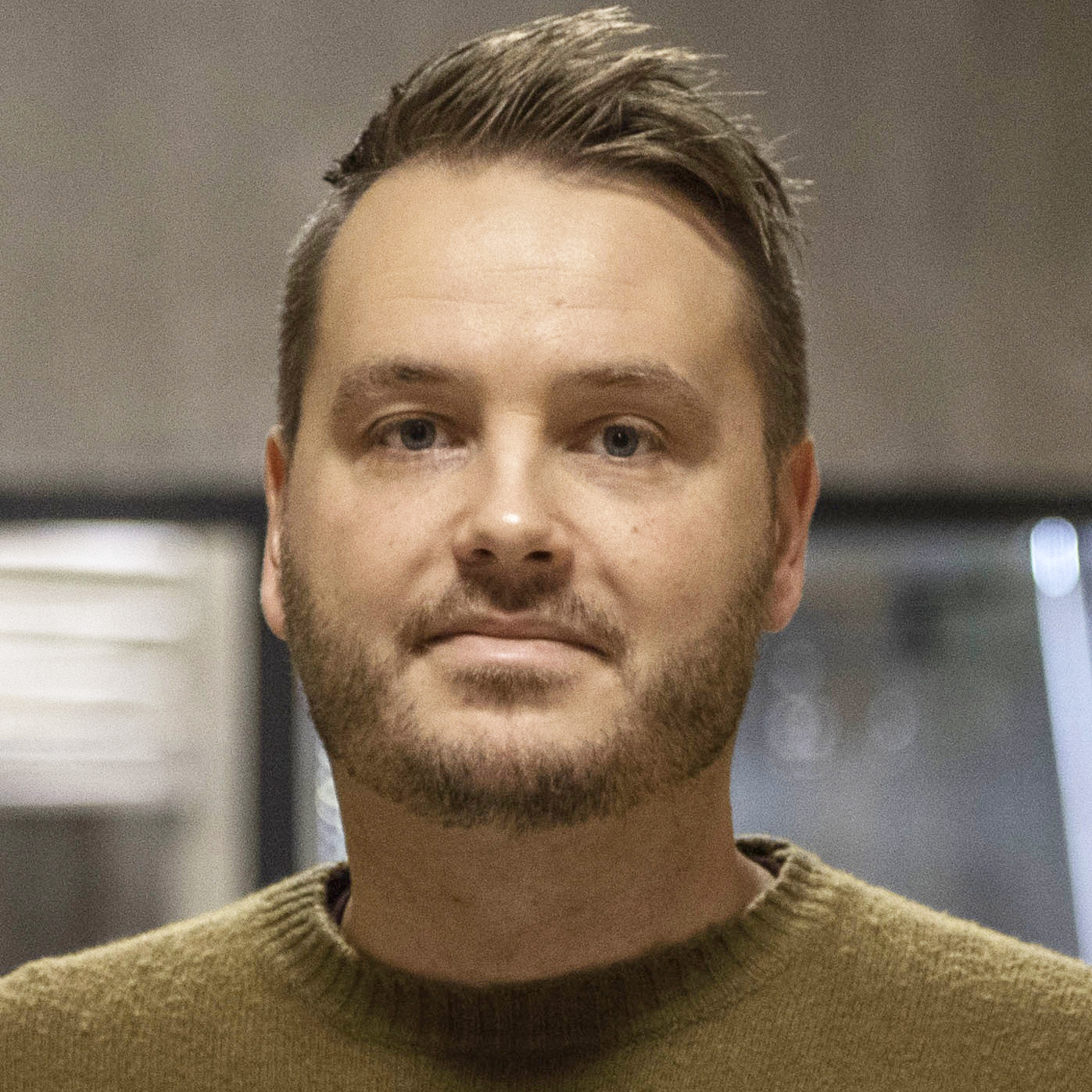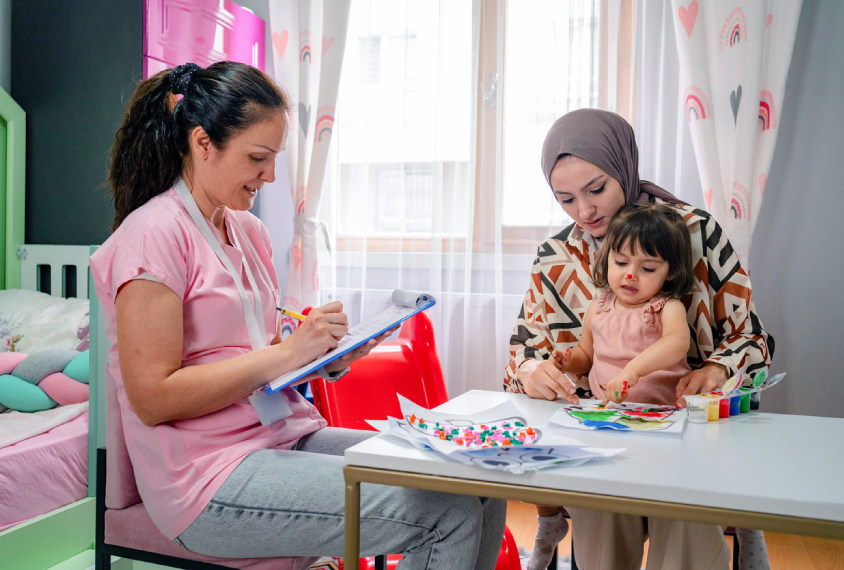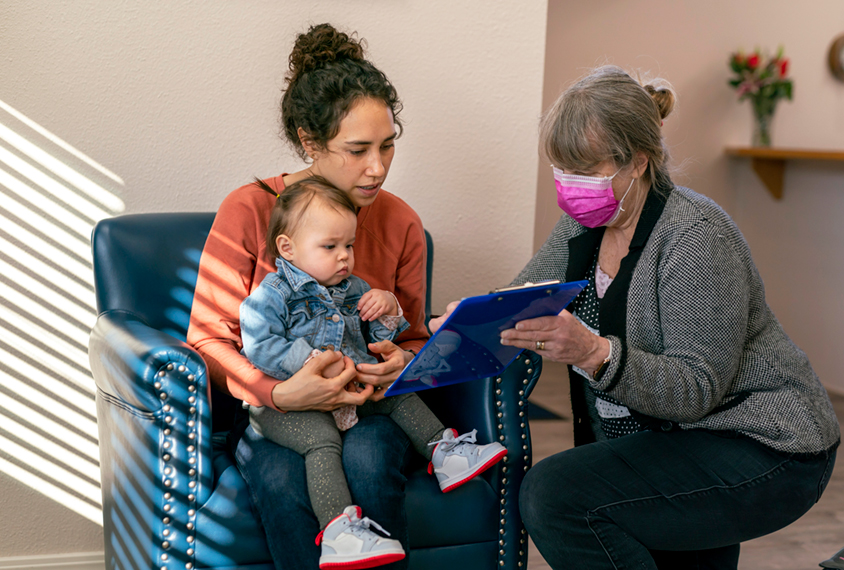Roald Øien is professor of special education and developmental psychology at the Arctic University of Norway and adjunct assistant professor at the Yale Child Study Center.

Roald Øien
Professor
Arctic University of Norway and Yale Child Study Center
From this contributor
Journal Club: Meta-analysis oversells popular autism screen
The Modified Checklist for Autism in Toddlers (M-CHAT) accurately flags autistic toddlers, a new systematic review and meta-analysis suggests, contrary to past evidence that the tool’s validity varies depending on a child’s age and traits. Experts weigh in on the discrepancy.

Journal Club: Meta-analysis oversells popular autism screen
Reimagining autism screening: A conversation with Roald Øien
The questionnaires used to screen for autism are far from perfect, and tweaking them may not be enough. Roald Øien wants researchers to find better solutions.

Reimagining autism screening: A conversation with Roald Øien
Explore more from The Transmitter
Astrocytes orchestrate oxytocin’s social effects in mice
The cells amplify oxytocin—and may be responsible for sex differences in social behavior, two preprints find.

Astrocytes orchestrate oxytocin’s social effects in mice
The cells amplify oxytocin—and may be responsible for sex differences in social behavior, two preprints find.
Neuro’s ark: Spying on the secret sensory world of ticks
Carola Städele, a self-proclaimed “tick magnet,” studies the arachnids’ sensory neurobiology—in other words, how these tiny parasites zero in on their next meal.

Neuro’s ark: Spying on the secret sensory world of ticks
Carola Städele, a self-proclaimed “tick magnet,” studies the arachnids’ sensory neurobiology—in other words, how these tiny parasites zero in on their next meal.
Autism in old age, and more
Here is a roundup of autism-related news and research spotted around the web for the week of 2 March.

Autism in old age, and more
Here is a roundup of autism-related news and research spotted around the web for the week of 2 March.